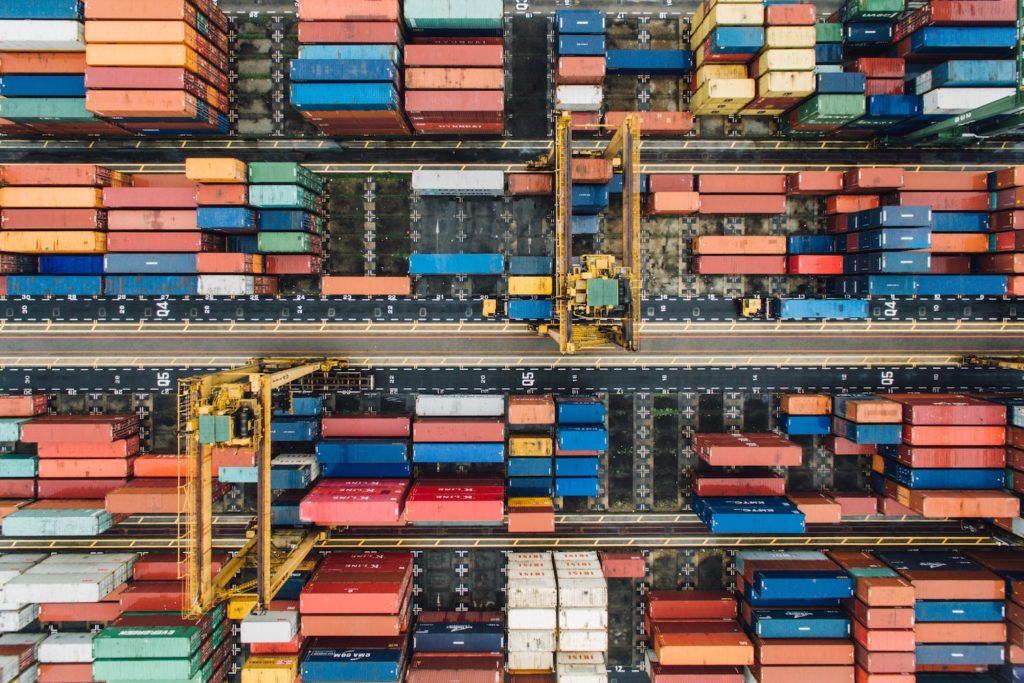In the past weeks, Uruguay has been aiming to change the way their cannabis exports function, in order to give the business a much needed boost. Now, the government approved two decrees which will improve exports significantly, promoting the development of the hemp and medicinal cannabis industry. It is expected that this decision will have a potential value of around $80 million.
Uruguay approve decrees to improve their cannabis exports


The Uruguayan government issued two decrees that were expected by local companies that produce cannabis and cannabis products, with the aim of “promoting the development of the hemp and medicinal cannabis industry,” according to Presidential Pro-Secretary Rodrigo Ferrés.
The president of the Chamber of Medicinal Cannabis Companies, Marco Algorta, explained that the new regulation “is an excellent first step towards taking out what has been produced” in the last few harvests, which he estimated to be some 120 tonnes with a potential value of around US$80 million.
Although in recent months local companies had been able to export hemp inflorescence to Switzerland and medicinal cannabis to the U.S., they did so “for a regime of exceptionality” and now the new rules give “legal security to these transactions.
If you want to know more about cannabis, how Uruguay is planning on the expansion of their cannabis business through the approval of a new set of decrees, and to find out the latest hemp news, download the Hemp.im mobile application.
The decrees aim to modify the current export regulation
One of the decrees authorizes “the export of the volumes of psychoactive cannabis for medical use harvested in the 2018, 2019 and 2020 harvest seasons”, and the other does the same for “non-psychoactive cannabis (hemp)”.
In the case of hemp, it is stated that the production “may not be intended for direct consumption within the national territory”, but only “for the extraction of substances which can then be used for the manufacture of products, such as cosmetics, oils, hemp-based foods, plant specialities or raw plant materials with pharmacological activity for the manufacture of phytotherapy drugs”.
Algorta indicated that “most companies have within their business model the industrialization” of products related to cannabis, and that is the bet. He added that it is necessary to work with the government to “promote” this part of the industry into the future.
Both decrees establish a set of requirements for marketing cannabis: having a valid license (for production, marketing or industrialization), a certificate of authorization from the destination country in case of export, a microbiological analysis of the product, among other aspects.
The cannabis industry should be one of the most important brands in the country
The Ministry of Public Health, the Ministry of Livestock and the Institute for the Regulation and Control of Cannabis (Ircca) are involved in controls and the issuance of licences. According to Algorta, the fact that there are so many agencies “is not a problem if there is the political will, as there is,” to collaborate with the sector. As of today, there are 42 companies with active licenses.
One of the companies that exported abroad was Cplant – it will send 14 tonnes of hemp inflorescences between July and August – and one of its partners, Guido Husni, told El País yesterday that in recent weeks “we have worked side by side with the authorities” and there is potential to “position Uruguay as a pioneer of the cannabis industry in the world”.
According to Ferrés, the cannabis industry should be “promoted as a country brand” because “the executive branch believes it will generate a lot of foreign currency for Uruguay and many jobs”. President Luis Lacalle Pou said this week that “it is a production in which Uruguay is very advanced with respect to other countries”.
__
(Featured image by chuttersnap via Unsplash)
DISCLAIMER: This article was written by a third party contributor and does not reflect the opinion of Hemp.im, its management, staff or its associates. Please review our disclaimer for more information.
This article may include forward-looking statements. These forward-looking statements generally are identified by the words “believe,” “project,” “estimate,” “become,” “plan,” “will,” and similar expressions. These forward-looking statements involve known and unknown risks as well as uncertainties, including those discussed in the following cautionary statements and elsewhere in this article and on this site. Although the Company may believe that its expectations are based on reasonable assumptions, the actual results that the Company may achieve may differ materially from any forward-looking statements, which reflect the opinions of the management of the Company only as of the date hereof. Additionally, please make sure to read these important disclosures.
First published in El Pais, a third-party contributor translated and adapted the article from the original. In case of discrepancy, the original will prevail.
Although we made reasonable efforts to provide accurate translations, some parts may be incorrect. Hemp.im assumes no responsibility for errors, omissions or ambiguities in the translations provided on this website. Any person or entity relying on translated content does so at their own risk. Hemp.im is not responsible for losses caused by such reliance on the accuracy or reliability of translated information. If you wish to report an error or inaccuracy in the translation, we encourage you to contact us.



Comments are closed for this post.